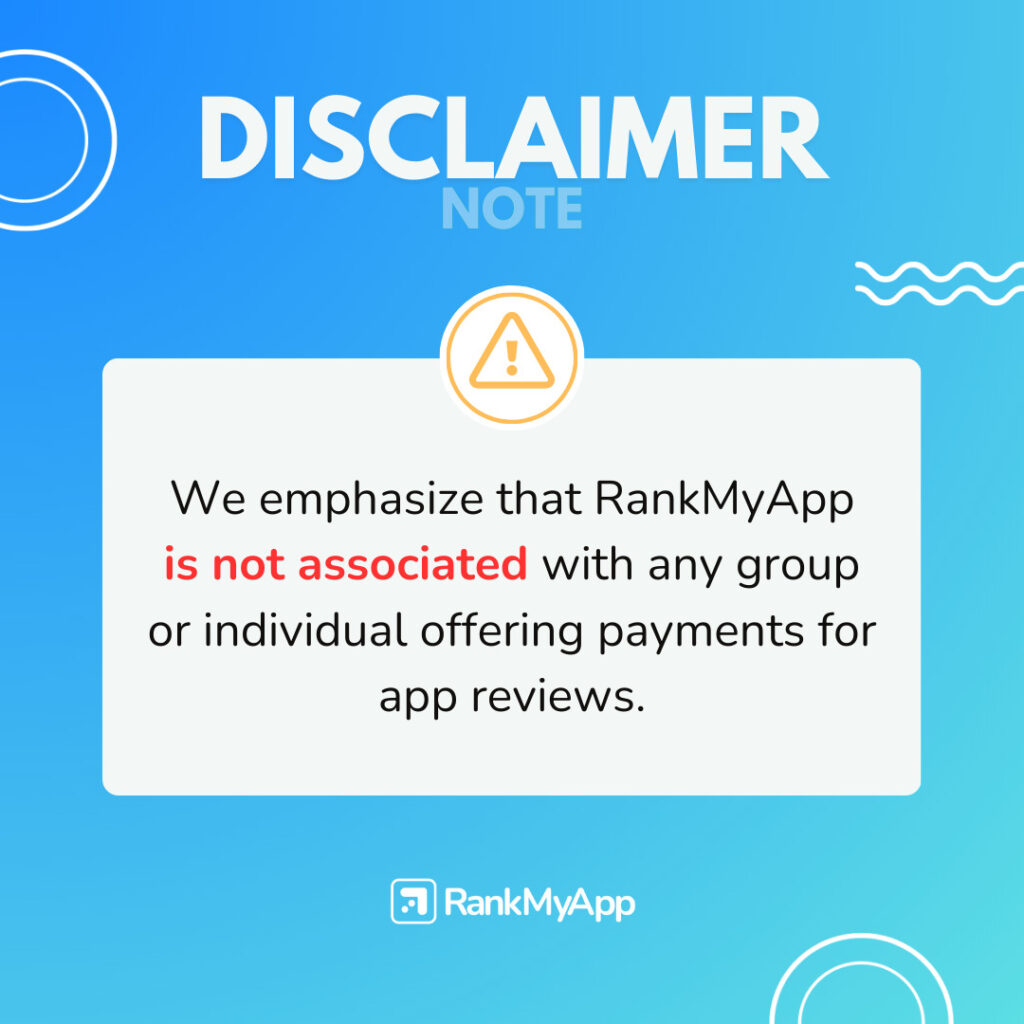In a world where people are looking for easy ways to do anything, voice search just became an extension of that behavior. One can search for something without typing, just using the microphone of the smartphone.
For developers, if the expression “voice search SEO” isn’t common, it should be! Google Play Store provides the option to use voice commands to search apps. So, the process of ASO has to be aligned with this alternative.
Why search voice is so important?
You probably never thought that voice search would be one day important for something. It was just one more resource available. Even now because it’s not the only way to search, you can simply use your fingers and type.
But now, we have voice assistants like Siri, Cortana, Google voice search, that narrowed the experience of the user with their smartphone. According to Jody Nimetz Co., a Digital Marketing Consultancy, more than 20% of searches are made through voice search.
What is the best strategy for ASO?
So, with so many people starting to use this function in app stores, would you keep waiting or jump into action? We have strategies that will help you with ASO strategy.
Micro moments
The first step of the optimization process talking about voice search is comprehend and try to find the micro moments. Normally, people who use this resource want something fast, because they are in a hurry.
It means that maybe this user is doing something more than just searching your app. So, even that your app appears in the top ranking, if your service is not well explained, you will not get this download.
This user will not stop to read your description and see all of your screenshots just because they need the service. He will go back to the list and find another app.
That’s why, more than ever, it’s important to always update ASO and make it as easy as possible for users to find your app.
Keywords long-tail
When users are looking for an app using voice search, the voice commands aren’t very specific and could be vague. That’s because when we talk, naturally we say more things. For example, typing, you probably write “shop online” to find m-commerce in app stores.
But, speaking, we are not so direct to the point, people would say “apps to shop on-line”, “best shop online”, “easy shop online” and other stuff like this.
That’s why is important to invest in long-tail keywords to attract the voice searching audience. More than that, you’ll still have users who doesn’t necessary search with voice search, because users also type with long expressions.
User intention
At the same time, it doesn’t make sense put a lot of long-tail keywords in your app’s page just to attract this kind of users. Yes, it’s important, but it’s necessary to put some limits too.
So, it’s nice to study your type of user to understand their intention to help you to define the keywords and know what path they will follow before finding your app. What can happen is the app store doesn’t understand what the user said.
In that case the search results may show the apps related, or will send the user to 404 error. If your app has strategies to appear when people look for it and when people go to related apps that you can attract many users.
This knowledge will help your goal of user retention. Another step of App Store Optimization that will be important to your app’s growth.




